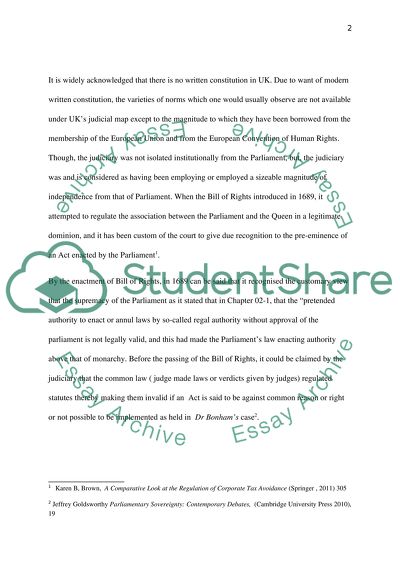Cite this document
(“Doctrine of the Supremacy of Parliament in the Modern United Kingdom Essay”, n.d.)
Retrieved from https://studentshare.org/law/1443858-ychthe-classic-account-given-by-dicey-of-the
Retrieved from https://studentshare.org/law/1443858-ychthe-classic-account-given-by-dicey-of-the
(Doctrine of the Supremacy of Parliament in the Modern United Kingdom Essay)
https://studentshare.org/law/1443858-ychthe-classic-account-given-by-dicey-of-the.
https://studentshare.org/law/1443858-ychthe-classic-account-given-by-dicey-of-the.
“Doctrine of the Supremacy of Parliament in the Modern United Kingdom Essay”, n.d. https://studentshare.org/law/1443858-ychthe-classic-account-given-by-dicey-of-the.


